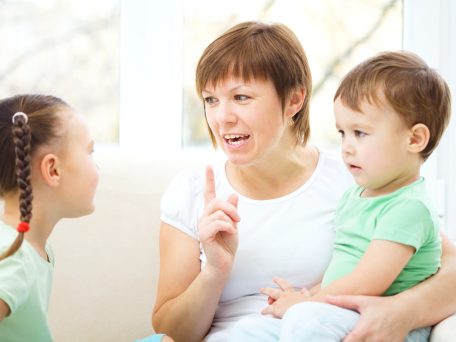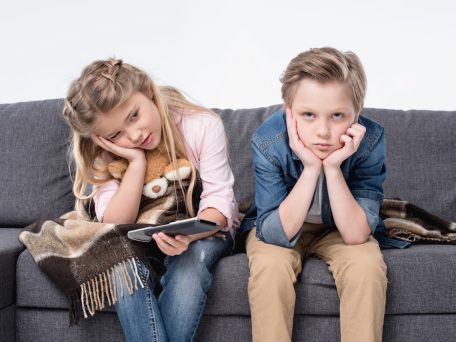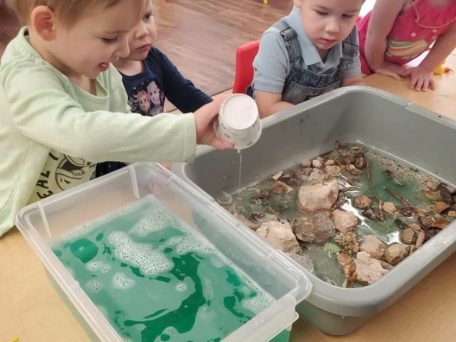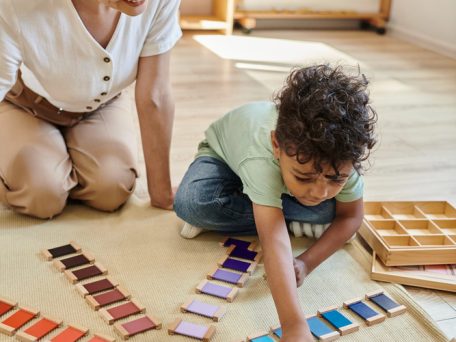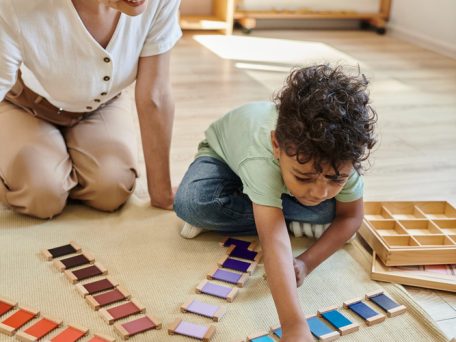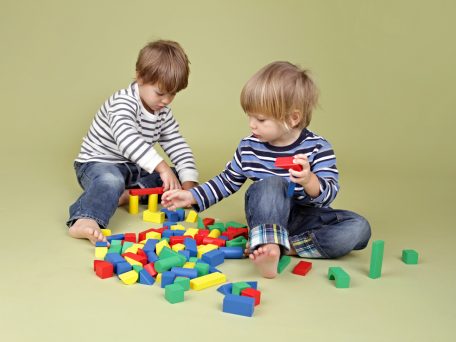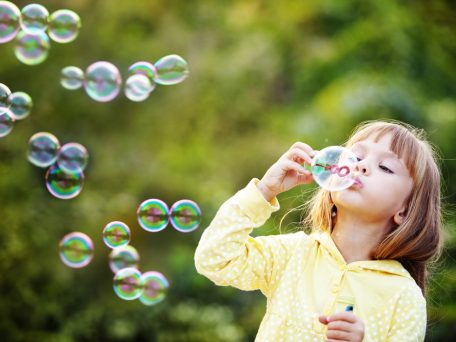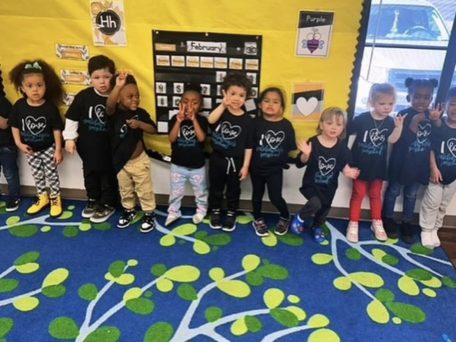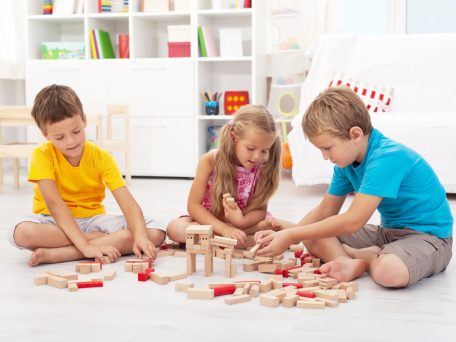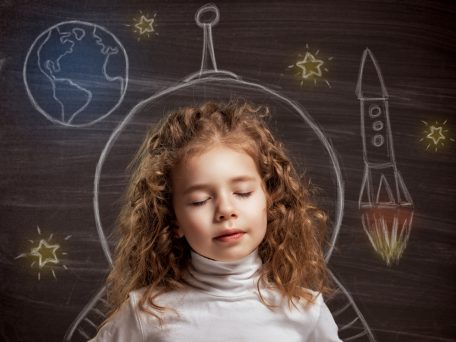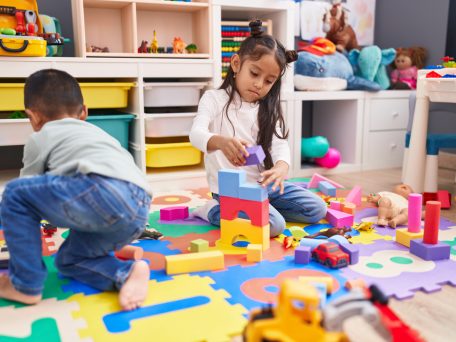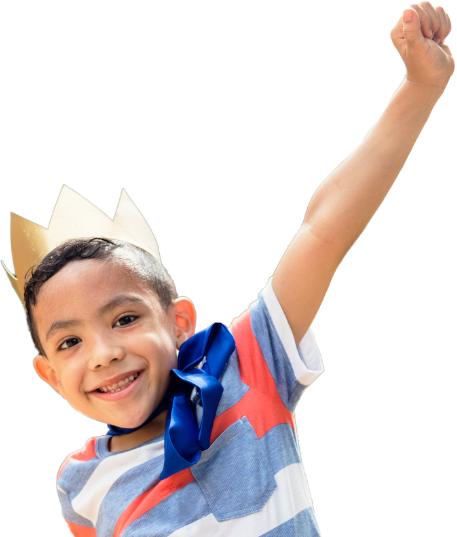Communication is one of the most critical skills a child will ever learn. Through holding conversations with a variety of other people, they learn important things like how to ask for what they want, how to resolve a conflict, or to get an answer to a question.
Conversation broadens a child’s world, expands their vocabulary, and it helps them in so many other ways. Most kids will learn how to communicate through every day life, but their abilities can be improved through holding meaningful conversations with them.
Ask Questions that Support Conversation
One great step to supporting conversation with children is to ask questions that guide them into thinking and engaging. As an example, if you are reading with them, you can ask questions about the book as you go along.
Good questions might be, “Do you think they are very happy right now? Why do you think that?”
This challenges the child to think about the story they have heard so far, remember what has happened, and answer based on what they have seen and heard.
Although this may seem relatively simple, these critical thinking skills are the basis for many conversations they will have throughout their lives.
The best questions are open-ended, ones that can’t be answered with a simple yes or no answer. The more they need to say to share their thoughts, the richer their vocabulary will become.
Play Interactive Games
Sometimes playing a game can be just the sort of thing to spark conversation with kids. A game of “Would You Rather?” Can become pretty fun, especially if the child is trying to decide on important comparisons. Would they rather be a unicorn, or a dinosaur? Would they rather eat toast, or eggs?
A child who may be too nervous to speak up when asked about a story, may feel more comfortable talking about a funny choice. By laughing over the choices and deciding why toast is better than eggs, you can end up with some fun, and sometimes surprisingly deep, conversation.
Be Patient
Especially when children are young, it can take time for them to get their ideas out. They may stammer, take long pauses, or even retreat from the conversation. If a child genuinely isn’t ready for a conversation right now, it’s okay to put a pause on it and come back later.
If they just need a little more time to get their ideas out, give them that time. Let them try to get their thoughts out first and provide support with suggested words only after they’ve had a chance to get their idea out themselves.
This helps foster independence and lets them know you value their thoughts.
Having meaningful conversations is important for kids. It helps foster good relationships with them, lets them practice their conversations skills, build their vocabulary, and learn how to get along with others.
Make holding meaningful conversations with your child a daily event, so they can build these skills from an early age.






